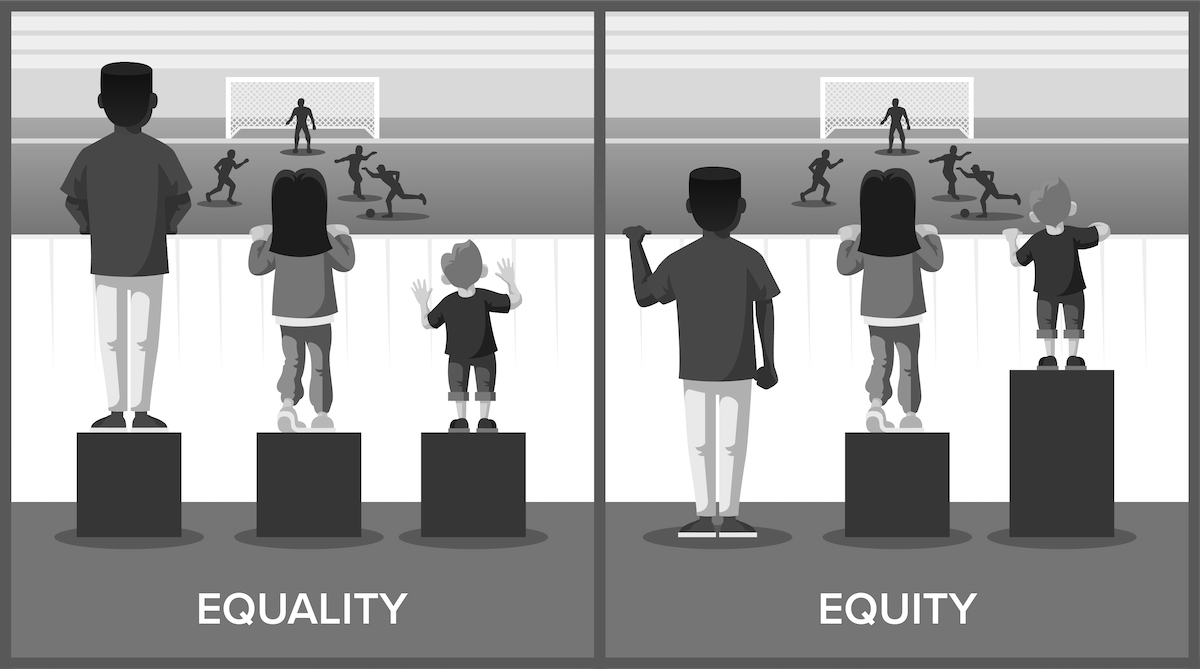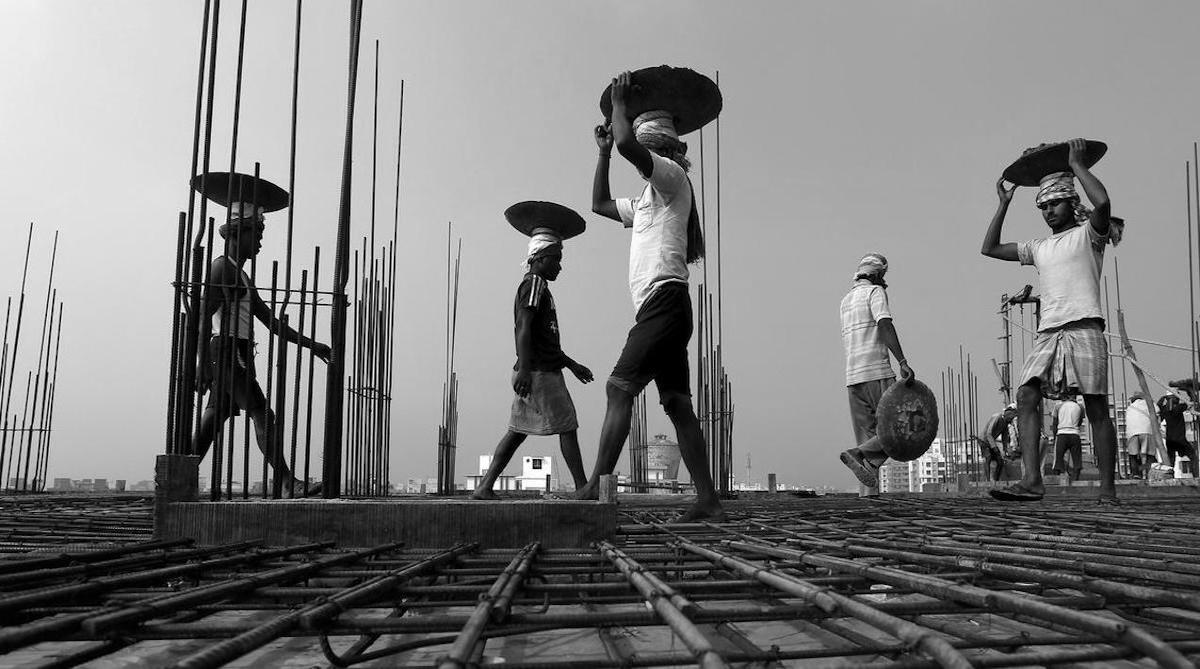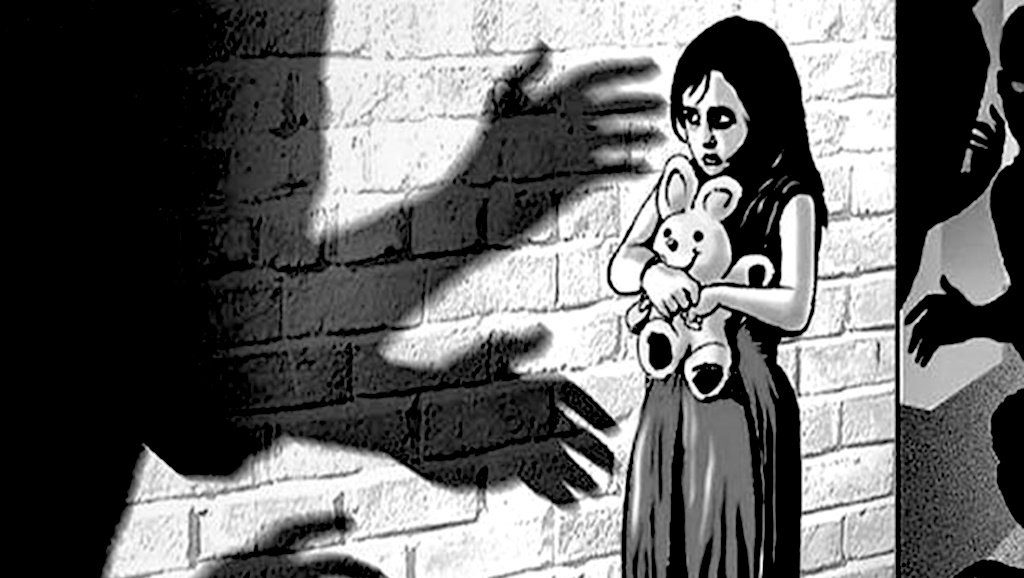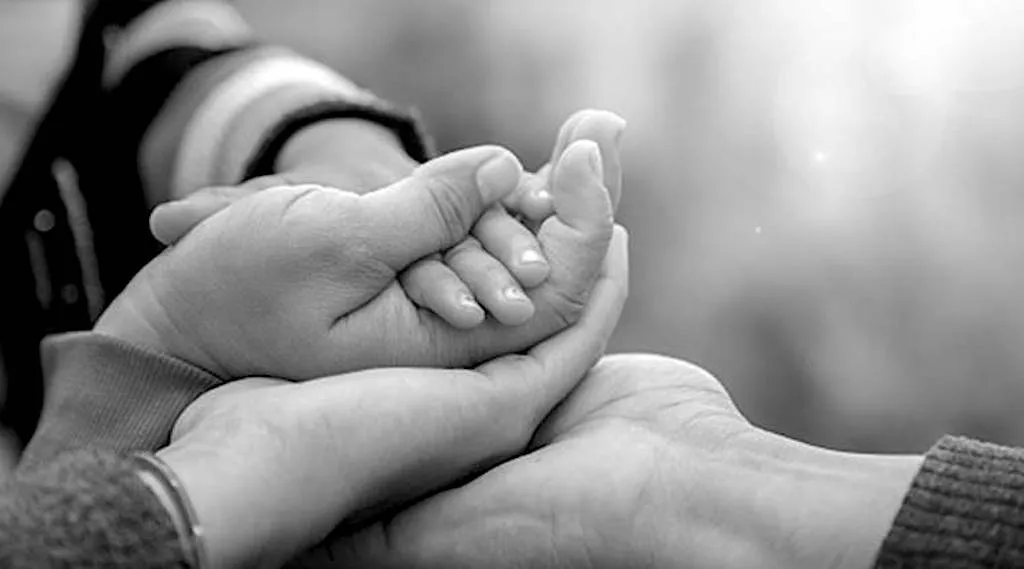Have we done enough for differently-abled? - Laws Around Us
26 Sep, 2019

One of the most misunderstood segment of our society, who face obstacles of stereotypical mindsets, regarded as sheer objects of charity and sympathy, discriminated at the point of disenchantment, at the mercy of their caregivers, treated worse than animals and reminded about their in-capabilities at every single second of their existence; humanity has ceased to exist for the differently-abled in India. The differently-abled people struggle to fulfill the basic needs like food, clothing, shelter, education, medication and rehabilitation till date.
The society forces them to view their physical or mental limitations as a source of guilt, shame and regret. Over the years this disability debate has gone beyond ensuring their specific rights because sadly, India as a nation, has failed to ensure effective enjoyment of human rights without discrimination to people with disabilities? Despite of India being the first signatory to the United Nations Convention on the Rights of Persons with Disabilities, has India emerged successful in its attempt to adopt the Convention in its fullest fervor, is a cause of concern?
Although our government has taken numerous measures to provide equal prospects to persons with disabilities by enacting several Acts but have they been effectively implemented? This paper is an attempt to analyze, introspect and create a systematic study on how these laws have contributed towards the development of legal status of the disabled persons in India.
With a population of around 26.8 million differently-abled people in India today, the need to scrutinize whether we as a society have gone wrong somewhere, while dealing with these people has become absolutely vital? Deliberate efforts should be made to explore methods that will be instrumental to change the stereotypical mindsets of people at large. Also, there is a greater need of research, coherent and unified Disability Rights Movement, promotion of rights and well-being of persons with disabilities in all spheres of society and development; and to increase awareness of the situation of persons with disabilities in every aspect of political, social, economic and cultural life3. India has a long road ahead to combat this challenge.
Two path breaking landmark Acts which have given a ray of hope to the differently-abled in India are the Rights of Persons with Disabilities Act, 2016 and the Mental Health Act, 2017 respectively.
The first Act is an improvement on the Persons with Disabilities Act, which it replaces, as it recognizes 21 types of disabilities including those caused by an acid attack, hemophilia, Muscular Dystrophy, Learning Disabilities and Parkinson’s, sickle cell disease and dwarfism. The previous law only recognized 7 – blindness, low vision, and leprosy, hearing impairment, locomotors disability, mental retardation and mental illness. With the passing of this Act, the official count of disabled in India is set to rise and going by conservative estimates, the figure could be between 70-100 million. There is also a provision for making national and state funds available for financial support to persons with disability in this Act. The Act also increased the quota of reservation for persons with disabilities from 3% to 4% in government jobs and 3% to 5% in higher education institutions. The Act further provides for imprisonment up to two years, along with a fine ranging between INR.10, 000 and INR 5 lakh for those discriminating against the differently-abled.
The second significant Act i.e. The Mental Health Act, 2017 aims to provide for mental healthcare and services for persons with mental illness and to protect, promote and fulfil the rights of such persons during delivery of mental healthcare and services and for matters connected therewith or incidental thereto. The Act guarantees every person right to access mental healthcare and treatment from mental health services run or funded by the Government. It will help in providing mental health services of good quality at affordable cost. It will also ensure that the mental health services are geographically accessible and are provided without discrimination. Persons with mental illness living below the poverty line or who are destitute or homeless will be entitled to mental health treatment and services free of any charge and at no financial cost at all mental health establishments run or funded by the Government. People with mental illness will now have the right to confidentiality in respect of their mental health, mental healthcare, treatment and physical healthcare. It also guarantees a person with mental illness to receive free legal services to exercise any of his rights given under the Act. Every insurer is bound to make provision for medical insurance for treatment of mental illness on the same basis as is available for treatment of physical illness.
Both these significant legislations will play as catalysts in shaping the future of differently-abled in India, if implemented diligently with genuine intent. Lastly, we need to sensitize and increase public awareness, promote the rights and well-being of persons with disabilities in all spheres of society and develop conditions conducive to the differently-abled. Governments, voluntary organizations, and professional associations should consider running social marketing campaigns that change attitudes on stigmatized issues such as HIV, mental illness, and leprosy. Involving the media is crucial for the accomplishment of these campaigns to ensure the propagation of positive stories about persons with disabilities and their families. We will succeed in addressing the barriers that hinder the participation of the differently-abled in India’s economic, social and political scenario with sustainable efforts, focused initiatives, capacity building of health care providers and accepting differently-abled as an integral part of our community.
Latest Post

26 Sep, 2019

26 Sep, 2019

26 Sep, 2019

23 Sep, 2022

23 Sep, 2022

23 Sep, 2022